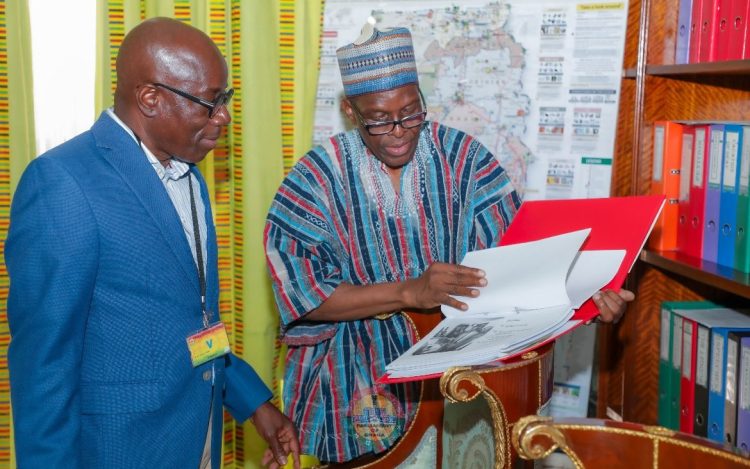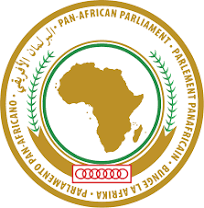The two-day training workshop for members of Sierra Leone Parliamentary Caucus on Freedom of Religion or Belief (FoRB) took place at the New Brookfields Hotel, Freetown, Sierra Leone on 20-21 January, 2023. Twenty-two (22) MPs participated in the training workshop, of this number, three (3) were female, two MPs and a committee clerk. The remaining nineteen were […]
The two-day training workshop involving members of the inter-religious members of Sierra Leone aimed to equip participants with critical skill sets that will enable them to effectively engage key stakeholders, particularly Parliamentarians in the quest to maintain peace and tranquillity in the upcoming parliamentary and presidential elections slated for June 2023. The training also sought to introduce[…]
Overview The November 2015 general elections in Burkina Faso saw the election of a new National Assembly of 127 members, all of whom are first-timers. Characteristic of all parliaments, Members come into the House with varying professional backgrounds and so require some minimum level of orientation and continuous capacity building to fit them to their new role[…]
Overview The Project sought to use an innovative approach to monitoring the effectiveness of the Parliament of Ghana’s lawmaking functions by stimulating debate on existing pieces of legislation with a view to filling the gaps and/or influencing their amendments. The project focused on tracking and monitoring legislation to determine the extent to which laws have been successfully[…]
Overview The African Development Bank’s (AfDB) parliamentary strengthening programme seeks to enable parliaments to promote good financial governance through enhanced oversight, scrutiny and accountability in public financial management. To this end, this project was designed to assist the AfDB in its efforts at strengthening the capacity of African Parliaments, particularly public accounts, budget and finance committees in[…]
Overview In 2018, ACEPA was contracted by the Commonwealth Initiative on Freedom of Religion or Belief (CIFoRB) and the Edward Cadbury Centre, University of Birmingham, UK, to facilitate the organization of a Commonwealth West Africa Roundtable on Freedom of Religion or Belief in Accra, Ghana. This was as a result of the CIFoRB’s belief that parliamentarians and[…]
Overview The project aimed at strengthening systems of oversight within East African parliaments, particularly at the level of the portfolio committees. The goal was to have portfolio committees engage more meaningfully on issues within sectors they are responsible for, enhance the effectiveness with which they interrogate departmental reports, and use evidence to back their oversight work. The[…]
Overview This project was about assessing the revised Pan African Parliament (PAP) Protocol, with the aim of determining the potential implications, both positive and negative, of implementing the revised protocol on the PAP as an organ of the African Union and on its members at national level. The assessment was to assist PAP to design a comprehensive[…]
COUNTRY Nigeria STRUCTURE OF PARLIAMENT Bicameral SESSION The 19th Assembly TERM Four (4) years (since 2019) SEATS 469109 Senators360 Representatives GENDER REPRESENTATION Male 239 Female 36 LEADERSHIP Senate President – Ahmed Ibrahim Lawan (since June 20)Deputy Senate President –Ovie Omo-AgegeSpeaker of the House – Femi Gbajabiamila (since 11 June 2019)Deputy Speaker – Ahmed Wase Website www.nass.gov.ng COUNTRY Uganda STRUCTURE OF PARLIAMENT Unicameral SESSION[…]
Overview The ECOWAS Parliament was established under articles 6 and 13 of the ECOWAS Revised Treaty of 1993. The Protocol relating to the Parliament was signed in Abuja on the 6th August, 1994 and entered into force on 14th March, 2002. In 2006, a Supplementary Protocol was adopted to modify the structure, composition, competence and other issues[…]


